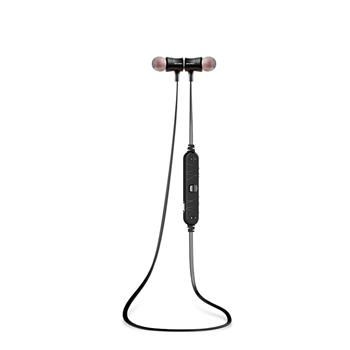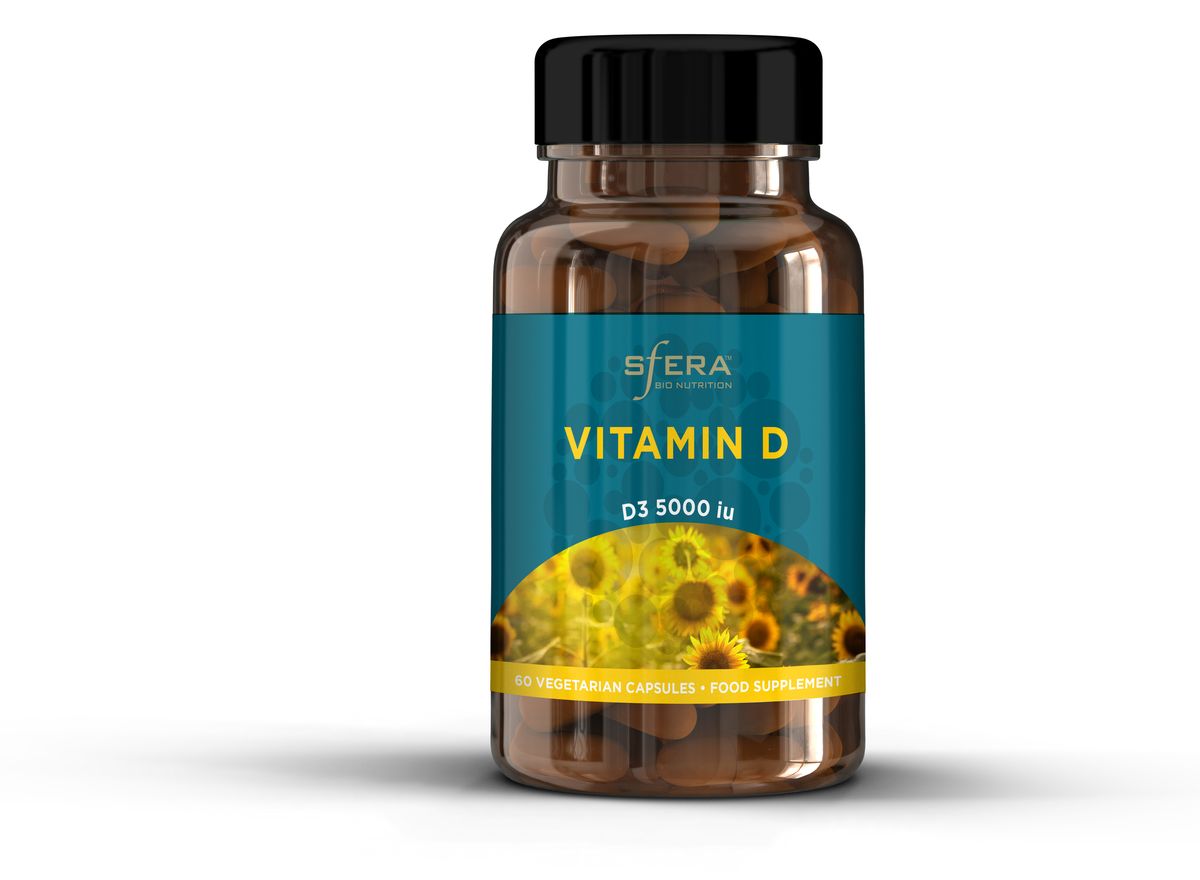Yesterday, you were quite fine – maybe even happy-go-lucky with a slight skip in your step – but today, today, the world seems grey. What is this lurking depression that keeps showing its melancholic head? Could the answer be as simple as your diet? We look into some science, nutritional factors and how lacking in certain vitamins could be the reason you feel depressed.
Omega 3 Fatty Acid Deficiency Linked To Major Depression Disorder (MDD)
Omega-3 Fatty Acids play a vital role in the development and functioning of our central nervous systems. Due to the complexity of depression and the main focus being on genetics and life stressors, a small study in 2004, decided to focus mainly on nutritional factors. What they found was that the fats in our foods are now mainly consistent of Omega 6 and the inclusion of Omega 3 fats have declined.
“Considering that highly-consumed vegetable oils have significant omega-6 to omega-3 ratios, it is quite plausible that, for some individuals, inadequate intake of omega-3 fatty acids may have neuropsychiatric consequences. While far from robust at this time, emerging research suggests that omega-3 fatty acids may be of therapeutic value in the treatment of depression.”
Omega Fatty Acids needs to be part of your diet, it cannot be gained through any other means. Try a supplement to guarantee a steady intake of the vitamin.


Available for R578 Available for R4293
Low “Sunshine” Vitamins = High Probability of Depression
Vitamin D, which is also known as the “sunshine” vitamin, could potentially play a more extensive role in our health besides providing us with a strong immune system and sturdy bones. This is suggested by a collation of research by the Vitamin D council, who looked into the matter of depression and the link of lacking the vitamin.
“Some of the receptors in the brain are receptors for vitamin D, which means that vitamin D is acting in some way in the brain. These receptors are found in the areas of the brain that are linked to the development of depression. For this reason, vitamin D has been linked with depression and with other mental health problems.”
Plug in your earphones and take a walk during lunch to catch some vitamin D.


Available for R399 Available for R109
Low B-12 Levels Keeps You Low
Observational studies found 30% of patients who were treated for depression lacking tin the “energy” vitamin – B-12. Are you a vegetarian or perhaps you just don’t like eating live and eggs, well, this may be exactly the reason for your gloom. The main source of vitamin B-12 is found in:
1. Shellfish (clams, mussels, crab)
2. Organ Meats (like beef liver)
3. Wild-caught Fish (such as salmon, trout, mackerel)
4. Grass-fed Beef
5. Pastured Eggs
Consider a supplement if you are vegetarian or vegan.
Organic Seaweed (High in B12)

Available for R320 Available for R153
No Minerals, No Sparkle
There are two types of minerals needed for healthy bodily functions – micro and macro nutrients. The list includes calcium, phosphate, sulfur, sodium, potassium, chlorine, magnesium, iron, zinc, copper, manganese, selenium, iodine, molybdenum, cobalt. Studies may suggest a relationship between a lack of minerals, specifically magnesium, selenium, copper, chromium, and iodine with mood disorders.
If depression is something you struggle with, it would be a good idea to first check your nutritional levels before resorting to over-the-counter medication. Furthermore, in all of these cases, it is always advisable and healthier to get all of your vitamins, minerals and fats through eating a balanced diet instead of simply resorting to capsule vitamins.
*Before making any changes to your lifestyle, please consult with a medical and nutritional professional in your area.




